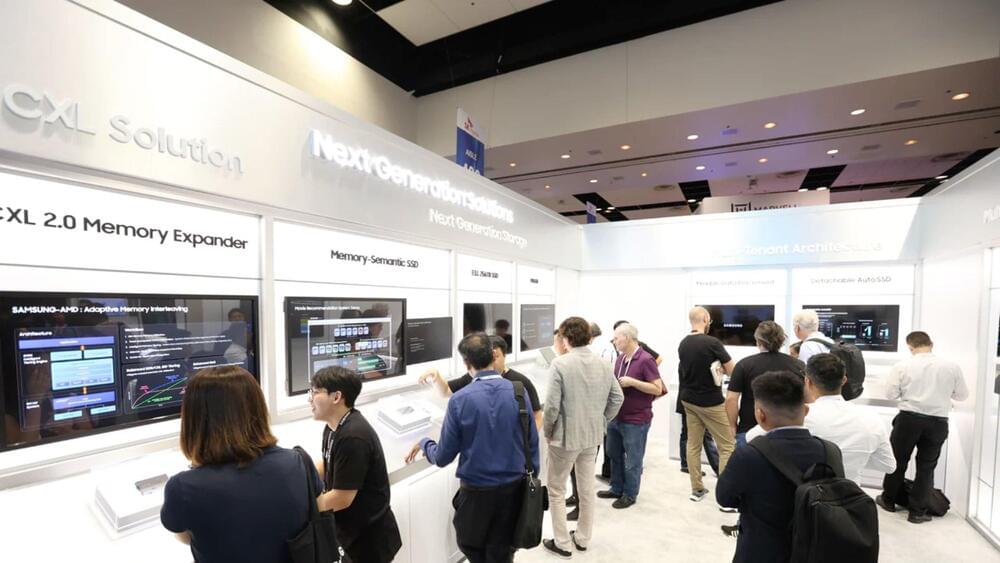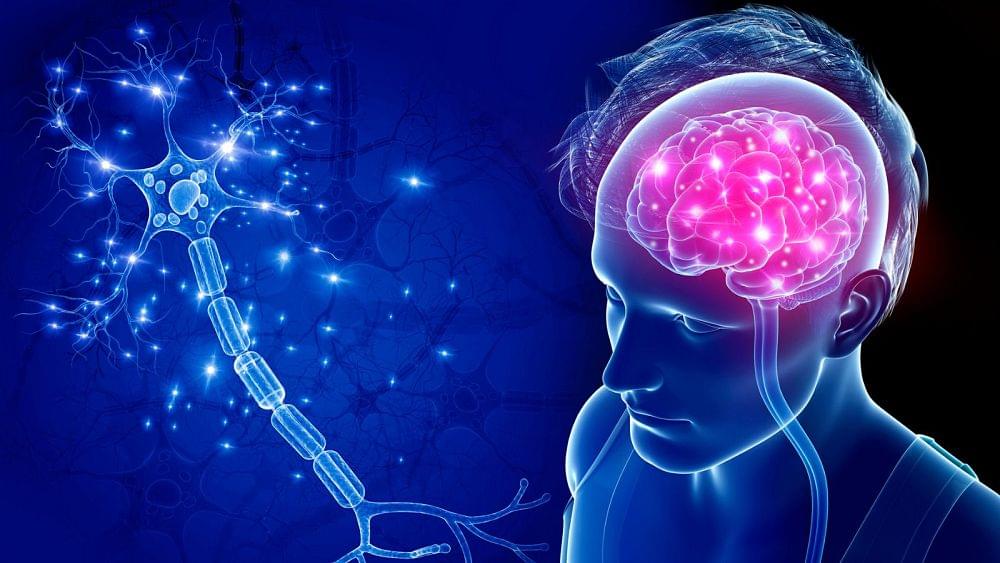Samsung is the world’s biggest memory chip maker, and the company consistently keeps pushing the boundaries of technology to bring cutting-edge memory products. This time, however, the tech giant has outdone itself by developing a 256TB SSD. Yes, you’ve read it correctly. This is the first 256TB SSD in the industry, and Samsung has teased the latest product at Flash Memory Summit (FMS) 2023 in California, USA.
Samsung announces the world’s first 256TB SSD
As you might imagine, Samsung is aiming this 256TB SSD primarily at hyper-scale data centers. According to Samsung, it uses the 3D QLC NAND technology and consumes approximately seven times less power than stacking eight 32TB SSDs. The tech giant hasn’t revealed any other details about this flash drive. However, considering that it is made for data centers, it most likely has an ESDFF or NGSFF form factor.


 עברית (Hebrew)
עברית (Hebrew)



